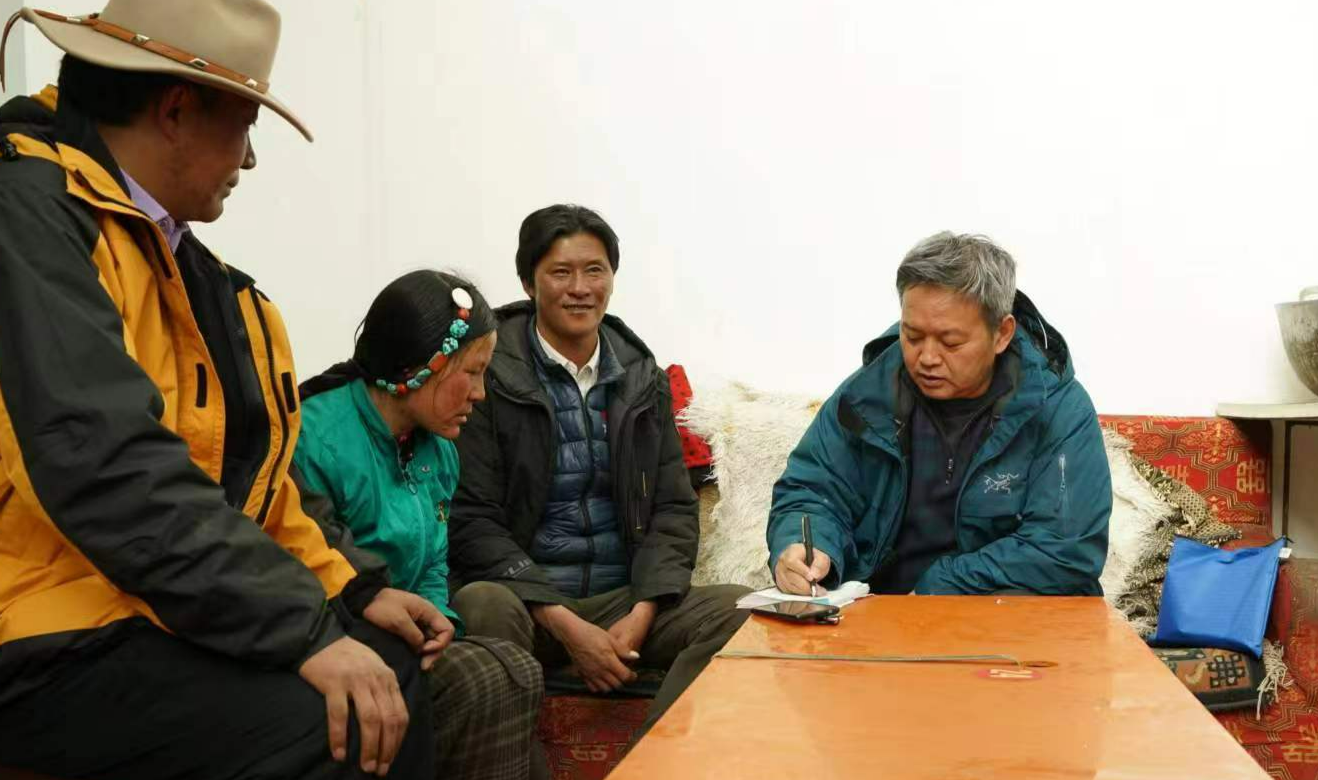Remember Wei Wei's "Who's the Cutest Person"? There is also Xu Chi's "Goldbach Conjecture", He Jianming's "Tears are Gold"... These reportages influenced countless Chinese. As a literary genre that uses literature and art to truly and timely reflect the events of social life and the activities of characters, how can it continue to maintain its influence today? Today (7), red star news reporters interviewed Xu Jian, president of the new China Reportage Literature Society.
Red Star News: Recently, the China Reportage Literature Society has developed members in "recruiting and buying horses", what is the current situation? As the new president, what is the next work plan?
Xu Jian: After we issued the membership development notice on May 5th, the registration was very enthusiastic, which gave me a lot of motivation.
The China Reportage Society was founded in 1992 and has been around for exactly 30 years this year. As the fourth president, I said in my inaugural speech that we must carry forward the literary qualities of Chinese reportage in the 1980s and 1990s.
What's next? The first is to update the membership structure, and then to improve the society system in order to better serve the majority of members. We plan to set up a short reportage award to get more people to pay attention to reportage. In addition, we will also start relevant strategic cooperation with national ministries and commissions and provinces and municipalities, write a series of books, tell Chinese stories well, set up creative bases, and expand the influence of reportage.

Xu Jian (first from right) in an interview
Red Star News: What stage do you think is reportage in China today? What kind of reportage does society need?
Xu Jian: If we say that the 1980s were the stage when reportage sounded the clarion call for ideological emancipation, the 1990s was a stage of speculation, truth-seeking, and supportive evidence. After that, the function of the reportage record era gradually emerged, and gradually entered the stage of telling Chinese stories, such as focusing on the 40 years of reform and opening up, the centenary of the founding of the party, accurate poverty alleviation, etc., casting the soul of the times with the light of literature and art, and reportage undertook the great mission of recording the new era, writing the new era, and praising the new era.
The majority of members of the China Reportage Literature Society are scattered in the north and south of the motherland, they work in all walks of life, with their own pens to write the changes and changes of the times, record the storms and challenges of the times, and record the glory and dreams of the times.
Red Star News: You ask yourself: don't write where you can't go, don't write where you can't see, don't write where you can't hear. But reportage is also literature, imagination will always be interspersed, how to balance reality and imagination?
Xu Jian: The Austrian writer Zweig said: "I do not want to increase or dilute the internal and external authenticity of everything that happens through my own fiction... History is true for poets and dramatists, and any writer wants to surpass it. ”
We face a colorful world every day, where real life is more exciting than the writer imagines. This requires writers to walk, walk, hear, see, and discover unique and vivid details and literary style through a large number of real events and characters. Reportage literature is a kind of walking literature, good reportage literature is walked out, and good reportage writers have to go through a lot of fieldwork, field investigation, and on-site interviews, which is a literature that comes out step by step. Under the premise of respecting the truth, adjust the narrative mode of reportage, highlight the details, and let the reportage have a literary expression and literary temperature.
Xu Jian (left) in an interview
Red Star News: Some people say that reportage is like the event communication in news reports, but it is more literary, do you agree with this statement?
Xu Jian: The core of this question is actually the literary and authenticity of reportage. The truth of reportage literature is a completely different concept from the truth of literature, the truth of imagination, and the truth of art. Reportage is a collection of news and literature. The report is the premise, the news, legendary, sensational reproduction or resurrection of the news and historical events that have occurred immediately or already, and it is a literary narrative. News is only a reflection of reality, while reportage focuses literature on people, writing about people's fate, emotions, survival, death, dignity, honor, mission, dedication and sacrifice, which is thick and heavy, and is a modern version of "History".
Red Star News reporter Zeng Qi Intern Zhang Renjie Editor Jiang Qing
(Download Red Star News, there are prizes for the newspaper!) )